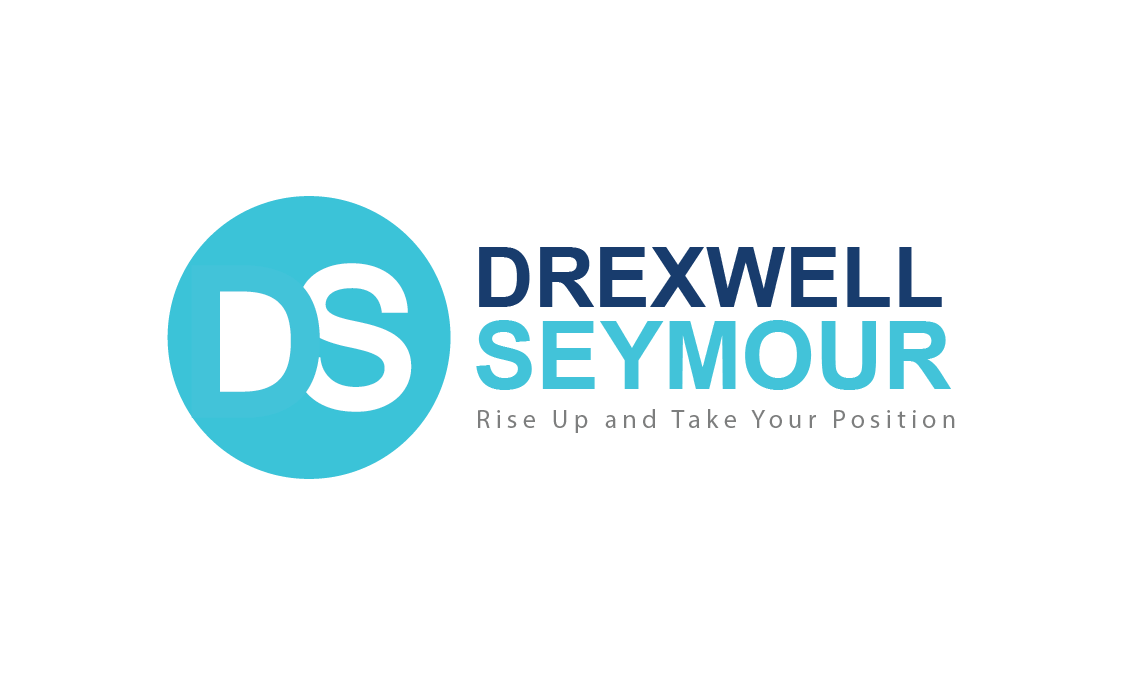If you are in position to make extra payments, please do so
Many individuals are faced with so much debt until they don’t know what to do to get out of it. Each time, you look at your mortgage statement, it looks like your mortgage balance has not changed significantly. However, one thing you can do to reduce your mortgage significantly is to make extra payments. Obviously, if you don’t have the money, you will not be able to do that but if you are in a position with extra cash, use that cash to make an extra payment on your mortgage. Now if you have any other debt such as credit cards and other loans such as vehicle loans, you should use that extra cash to pay off these other debts first because the interest rate on the credit card and the other loans is usually higher than the interest rate on the mortgage.
Make extra payments
One of the things that prolonged your mortgage is that you are only paying the required monthly mortgage payment. During the first couple of years of your payments, most of the payment is towards the interest and therefore it looks like your mortgage is not being reduced a lot. By making extra payments though, you are not only reducing the interest, but you are also reducing the remaining years on your mortgage.
Let us look at some examples. Say you have a 30-year mortgage for $300,000 at an interest rate of 5%, your mortgage payment will be $1,610.46 per month. However, if you pay an extra $500 a month, the loan can be paid off in 18 years and you can save $124, 383.01 in interest. Perhaps you cannot afford to pay $500 a month, so let us try paying an extra $100 a month, the loan can be paid off in 26 years and 4 months and you can save $39,937.25 in interest.
The length of a mortgage
Many of you may be tempted to choose a longer mortgage period such as 30 years because the longer your mortgage period, the lower your payment will be. In the example above, the mortgage payment for 30 years is $1610.46, and the total interest for 30 years would be $279,767.35. Therefore, you would be paying back $579,767.35 on a $300,000 loan. If you selected 25 years, your monthly payment would be $1,753.77 and the total interest would be $226,131.04 and so your total payback on a $300,000 loan would be $526, 131.04. Now if the loan period is for 20 years, your monthly payment would be $1,979.87 and the total interest paid over 20 years is $175,168.13 and so your total repayment on a $300,000 loan would be $475,168.13.
So, you see, the longer your mortgage payment, the lower your repayment but the higher the cumulative interest you would pay in the end.
Penalties on prepayments
Many financial institutions have penalties in place if you make extra payments above a certain threshold. Therefore, make sure you know the maximum prepayments you can pay in any given year. Two of the financial institutions that I dealt with in Turks and Caicos, the threshold was 15%. That means in any given year, I can pay up to 15% on the borrowed amount without incurring any penalties.
Conclusion
Some individuals have life insurance so in the event a spouse dies, the proceeds from the life insurance will be applied against the mortgage. On the other hand, there are some individuals who do no have life insurance and so if they were to die especially if they are the breadwinner of the family, the remaining spouse may end up losing that property because he or she cannot afford to pay the mortgage.
Of course, whether you have life insurance should not be the main factor in paying extra payments. The fact is you should not have to be paying all this interest to financial institutions when you can pay extra payments. Furthermore, you should enjoy your retirement without the headaches of mortgage payments.

